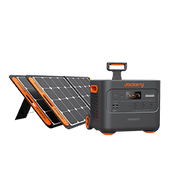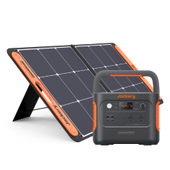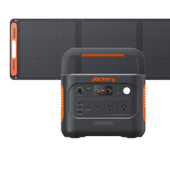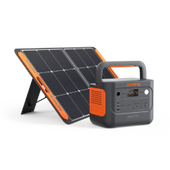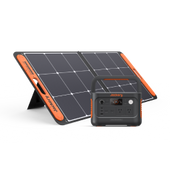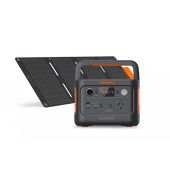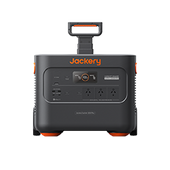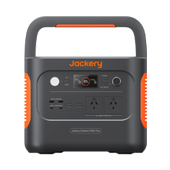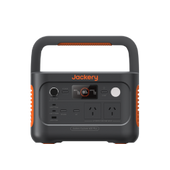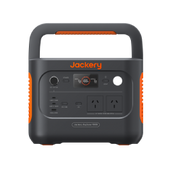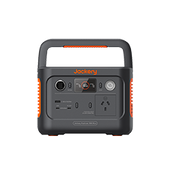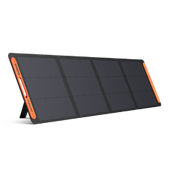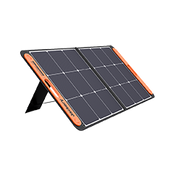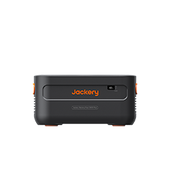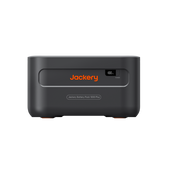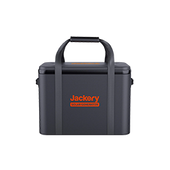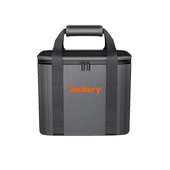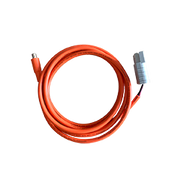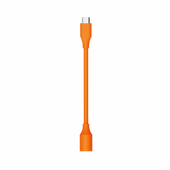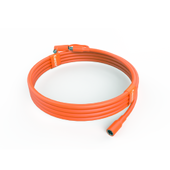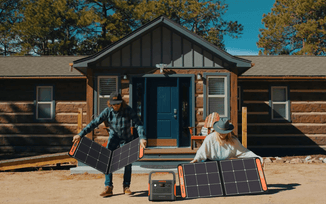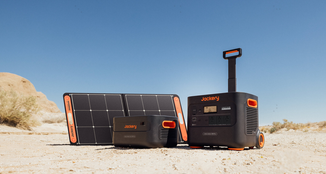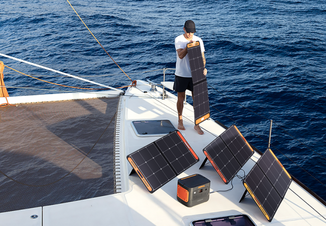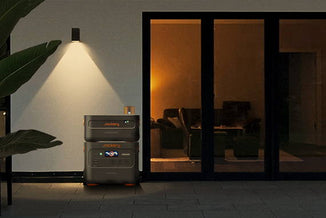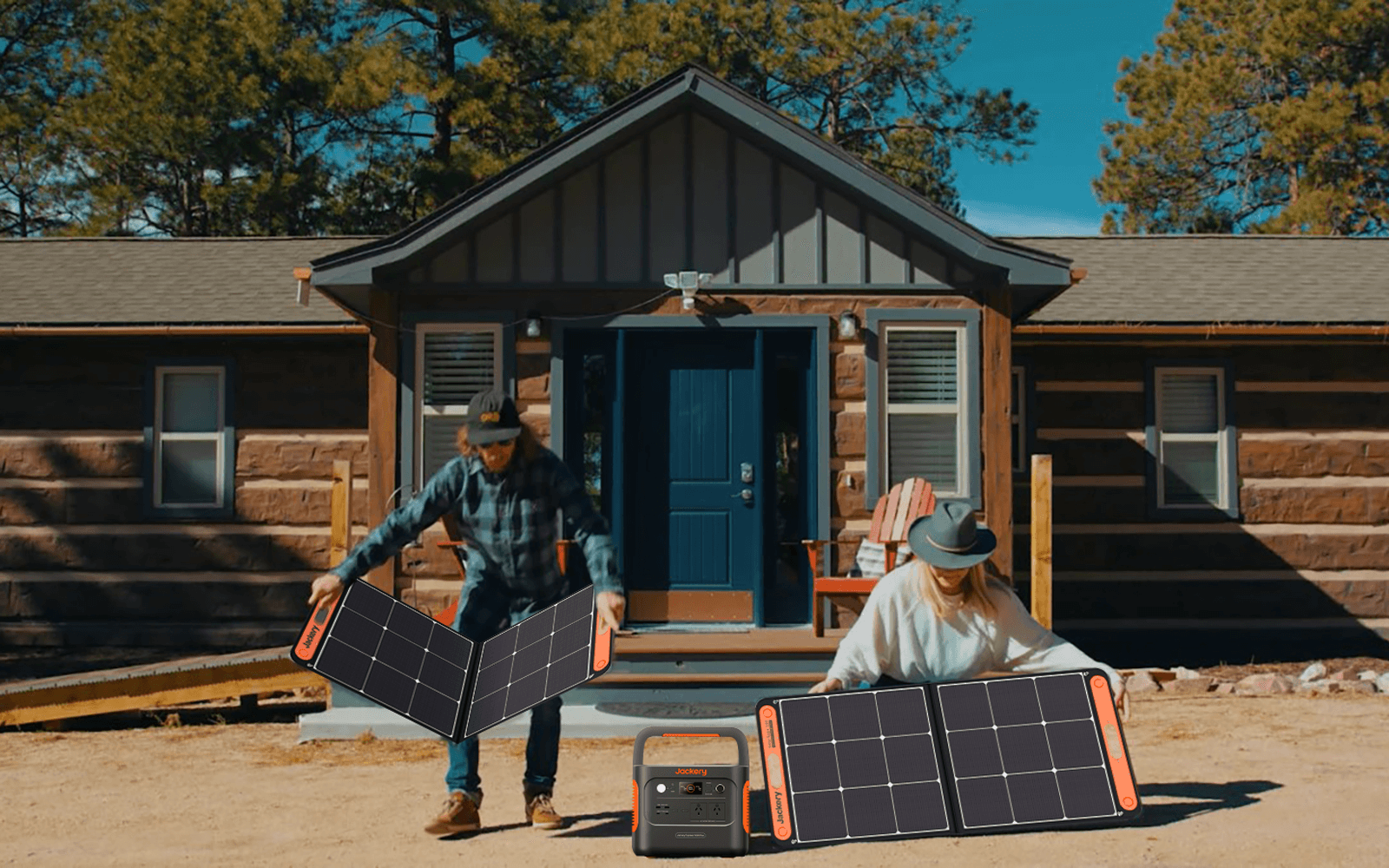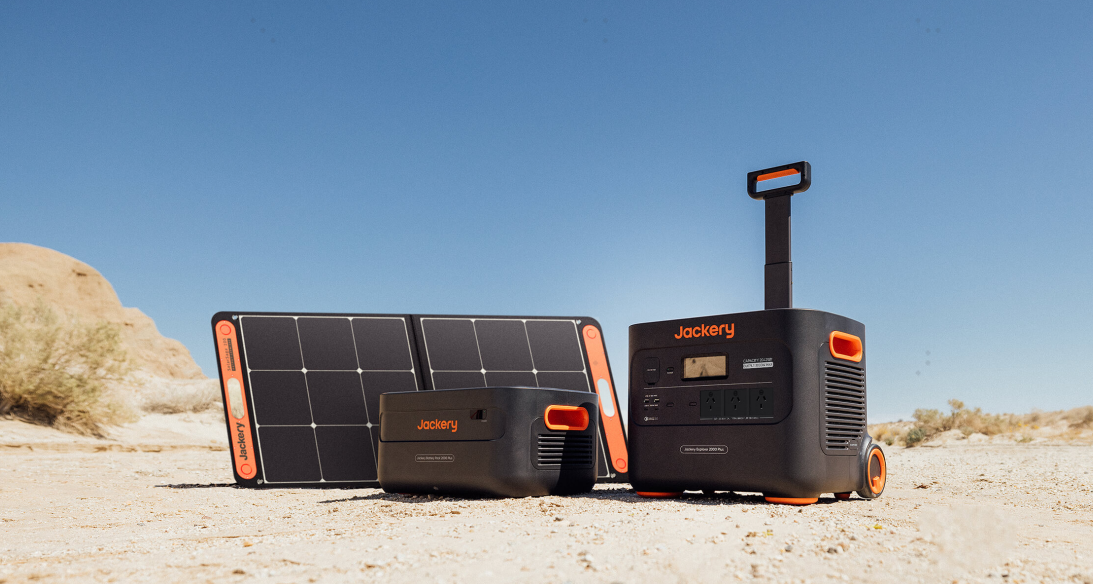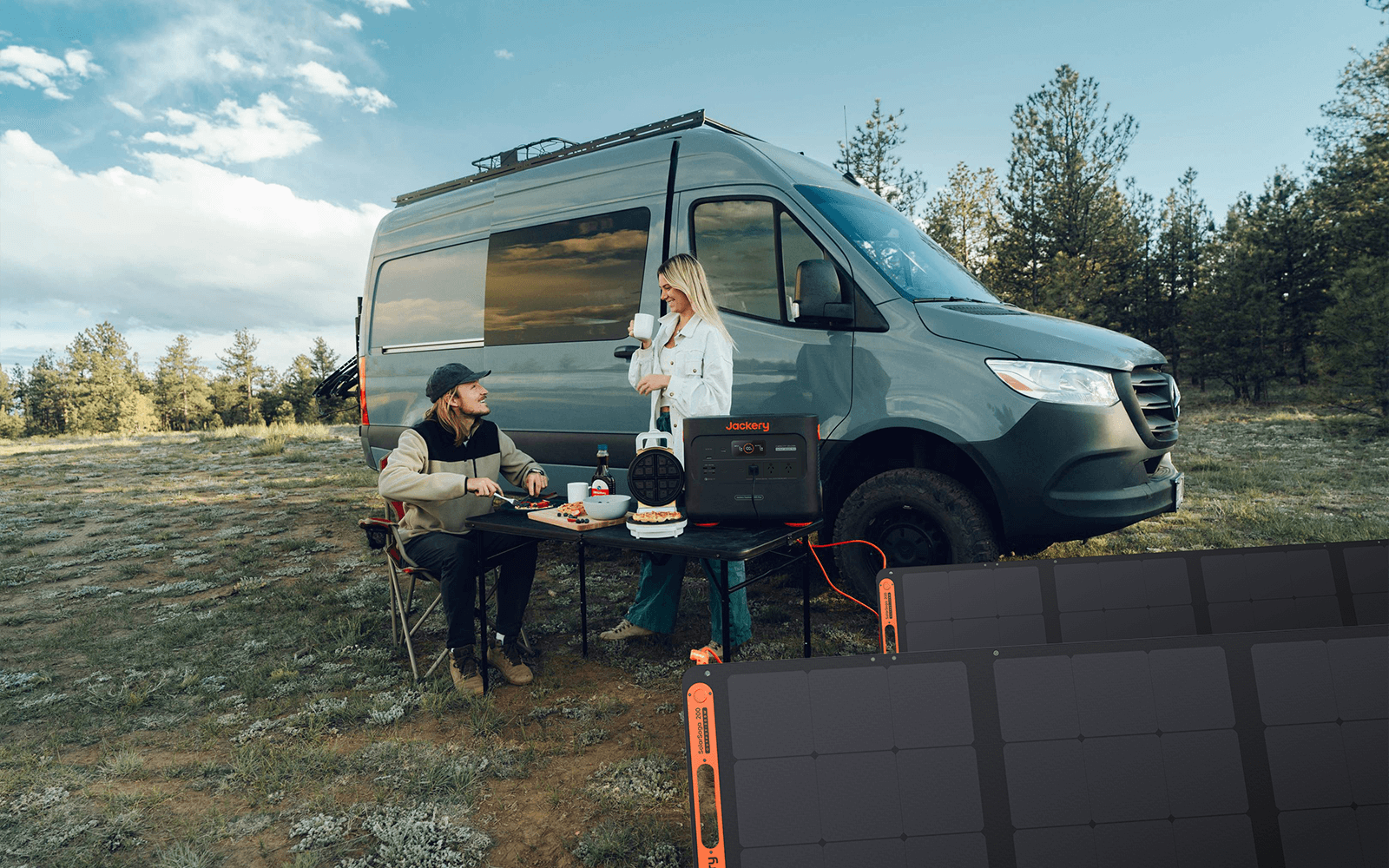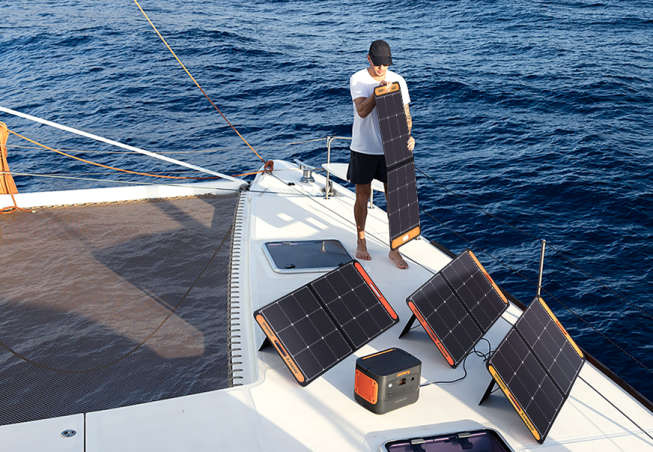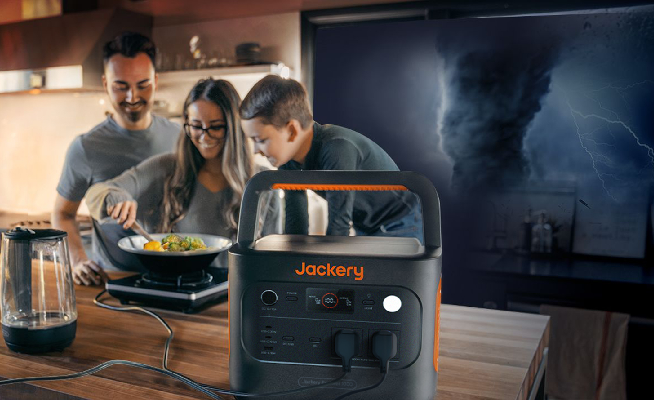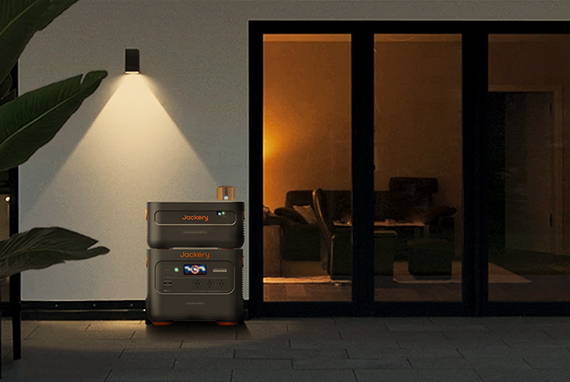Solar Energy: What Are The Advantages of Solar Energy?
Solar Energy: What Are The Advantages of Solar Energy?
One of the advantages of solar energy is that it generates power and can be used anywhere, which is an infinite resource paired with adaptable, silent, and efficient technology. And its benefits will only grow in the future.

Many other renewable energy sources share some of the benefits of solar energy. The most crucial is the potential to safeguard our world from climate change: absorbing and then harnessing the Sun's rays allows us to lessen our reliance on fossil fuels while emitting no greenhouse emissions, moving us closer to energy self-sufficiency.
The benefits and drawbacks of solar energy are a popular topic. As the most abundant power source on the planet, the Sun has immense promise as a clean and dependable way to power our globe. This complete guide to the advantages of solar energy contains everything you need to know, such as what it is, how it works, and complete explanations of the pros and cons of solar energy. Meanwhile, we strongly recommend Jackery Solar Generators, which combine solar panels with portable power stations and transform solar energy into electricity as portable PV solar systems.
Key Takeaways:
Solar energy is the radiation from the Sun that can generate heat, cause chemical processes, or generate electricity.
Solar energy is an endlessly renewable energy source from the Sun's electromagnetic radiation. It creates electricity and heat in a fully sustainable and cost-free manner.
There are 15 advantages of solar energy, but only five drawbacks. The pros outweigh the cons of solar energy.
Taking advantage of solar energy, Jackery Solar Generators are ideal for powering most appliances. You can choose Jackery Solar Generator 2000 Pro, 1000 Pro, and 500 for different uses.
What Is The Solar Energy?
The Sun's rays can provide thermal energy, catalyze chemical reactions, or power generators. The overall amount of solar energy incident on Earth far exceeds the world's current and projected energy needs. This highly distributed source can meet all future energy demands if adequately exploited.
The Sun is an enormously powerful energy source, and sunlight is by far the most critical energy source received by Earth; nonetheless, its intensity at the Earth's surface is modest. It is primarily due to the massive radial spread of radiation from the distant Sun.
Solar energy has vast potential because the Earth gets about 200,000 times as much solar radiation every day as the world's overall capacity to make electricity. Even though solar energy is free, it can only be used in some places because it's expensive to collect, turn, and store. (Data Source: Energy Resources)
How Does Solar Energy Work?
Solar energy can be continuously replenished indefinitely, which derives from the Sun's electromagnetic radiation. It creates electricity and heat in a fully sustainable and cost-free manner. There are three types of solar energy, each with its operating principles:
How Does A Jackery Solar Generator Work?

What Are The Advantages of Solar Energy?
What Are The Disadvantages of Solar Energy?
Advantages of Solar Energy Over Disadvantages

Jackery Solar Generators to Maximize Solar Energy

Jackery Solar Generator 2000 Pro
Capacity
Lifespan
Output Ports
Working Hours
2160Wh
(43.2V/50Ah)
1000 cycles to 80%+ capacity
2*AC Output: 230V, 2200W, peak 4400W; 2*USB-A: Quick Charge 3.0x2, 18W Max; 2*USB-C: 100W Max, (5V, 12V, 9V, 15V, 20V up to 5A); 1*Carport: 12V⎓10A
Microwave(700W): 2.5H
Kettle(800W): 2.2H
TV(60W): 28.8H
Electric Drill(900W): 1.9H
Fridge(500W): 3.5H
Oven(1000W): 1.7H
Light(100W): 17.3H
Fan(150W): 11.5H
The availability of electricity during camping or caravanning excursions can significantly impact the overall experience, transforming it into a memorable journey or one that is best forgotten.
Numerous methods exist to attain this form of access, ranging from a direct linkage to a primary power source, or one may opt for the Jackery Solar Generator 1000 Pro, which combines the Explorer 1000 Pro with either the SolarSaga 80W or 100W.

Jackery Solar Generator 1000 Pro
The Jackery Explorer 1000 Pro has two switched 240V AC power outlets, a single switched 12V cigarette-style outlet, two switched USB A outlets, and two switched USB C outlets. Additionally, the device is equipped with a tri-level illumination feature, an integrated Maximum Power Point Tracking (MPPT) controller, and a digital interface that indicates the battery's level of charge, the electrical output in watts when an appliance is connected, and the input during the charging process.
The foldable handle has been specifically designed to facilitate convenient traveling and storage. This compact power source, which has a lifespan of 1000 charge cycles and a reduced weight, enables users to engage in various outdoor activities.
Capacity
Lifespan
Output Ports
Working Hours
1002Wh
(43.2V, 23.2Ah)
1000 cycles to 80%+ capacity
3*AC Output: 120V~ 60Hz, 2000W, 4000W peak; 2*USB-A: 18W Max, 5-5V⎓3A; 2*USB-C: 100W Max, (5V, 9V, 15V, 12V, 20V up to 5A); 1*Carport: 12V⎓10A
Microwave(700W): 1.1H
Kettle(800W): 1H
TV(60W): 13.4H
Electric Drill(900W): 0.9H
Fridge(500W): 1.6H
Oven(1000W): 0.8H
Light(100W): 8H
Fan(150W): 5.3H

Jackery Solar Generator 500
Besides, the power station has a high-quality integrated MPPT charging controller. Combined with the Jackery SolarSaga 100W solar panel, this feature facilitates efficient and convenient green solar recharging.
Capacity
Lifespan
Output Ports
Working Hours
518Wh
(21.6V, 24Ah)
800 cycles to 80%+ capacity
1*AC Output: 240V, 500W, peak 1000W; 2*DC Outputs: 12V⎓7A; 1*USB-A: 5V⎓2.4A; 1*Carport: 12V⎓10A
Microwave(700W): 0.6H
Kettle(800W): 0.5H
TV(60W): 6.9H
Fridge(500W): 0.8H
Light(100W): 4.1H
Fan(150W): 2.8H
Advantages of Solar Energy FAQs
The following are the frequently asked questions about the advantages of solar energy:
1. Solar energy vs. wind energy: which one is better?
Wind and solar energy are two of the fastest-growing renewable energy sources. Both energy sources help to reduce pollution and provide alternatives to fossil fuels, but there are significant distinctions between the two.
The turbines can be deployed offshore and produce more electricity than solar panels. Unlike solar energy, wind energy can be harvested day and night. Wind, on the other hand, is a volatile energy source. Turbines are also rather noisy and, like solar panels, take up a lot of land space, making them unsuitable for densely inhabited places.
Finally, solar energy is the more powerful and predictable energy source. The solar panels using solar energy, which take up less room, are less noisy and may be deployed on rooftops and other high-density areas.
2. What size of solar generator do I need?
First, you need to determine your power consumption, such as how many appliances you will use day and night, how much space you have to put solar panels or solar generators, and then choose a generator according to the power usage. Jackery Solar Generators have 240Wh to 2160Wh capacities, sufficient for coastal camping.
Or, you can use our simple formula to determine how long the Jackery Solar Generator will power your devices or appliances:
Working Hours = Solar Generator Capacity*0.85/Appliance's Wattage
For example, you can use Jackery Solar Generator 1000 Pro to charge your phone (25W) for about 34 hours. (1002*0.85/25).
Final Thoughts
With the recent proliferation of solar technology, large businesses, and private consumers have chosen to integrate solar electricity into commercial structures and houses almost everywhere. There are more choices to consider when comparing the disadvantages and advantages of solar energy for your home or outdoor purposes. Jackery Solar Generators combine solar panels with portable power stations to fully utilize solar energy.
Best-selling Jackery Solar Generator
PAGE CONTENTS
New Arrival
Hurry up! Sale ends once the timer hits zero

